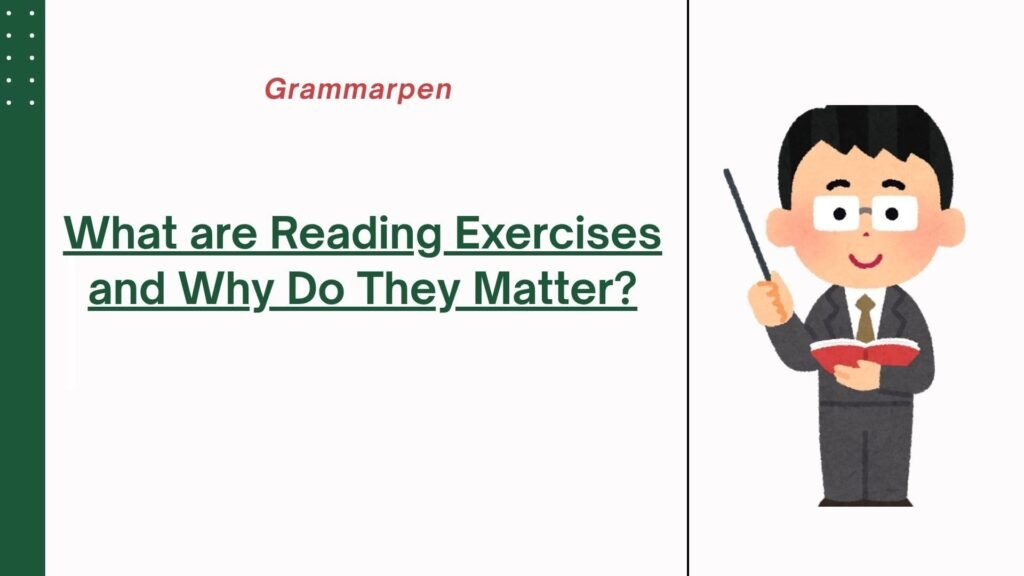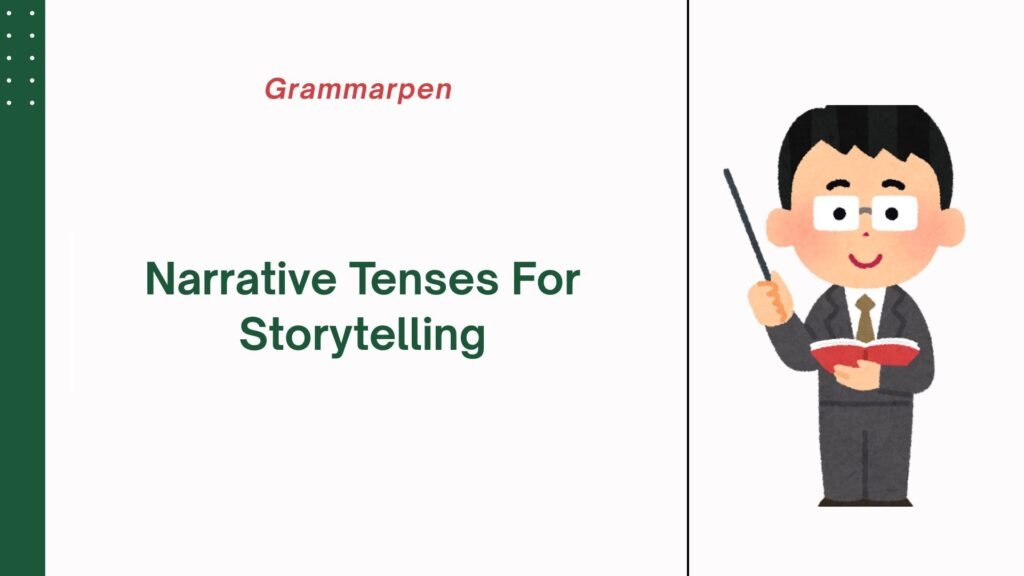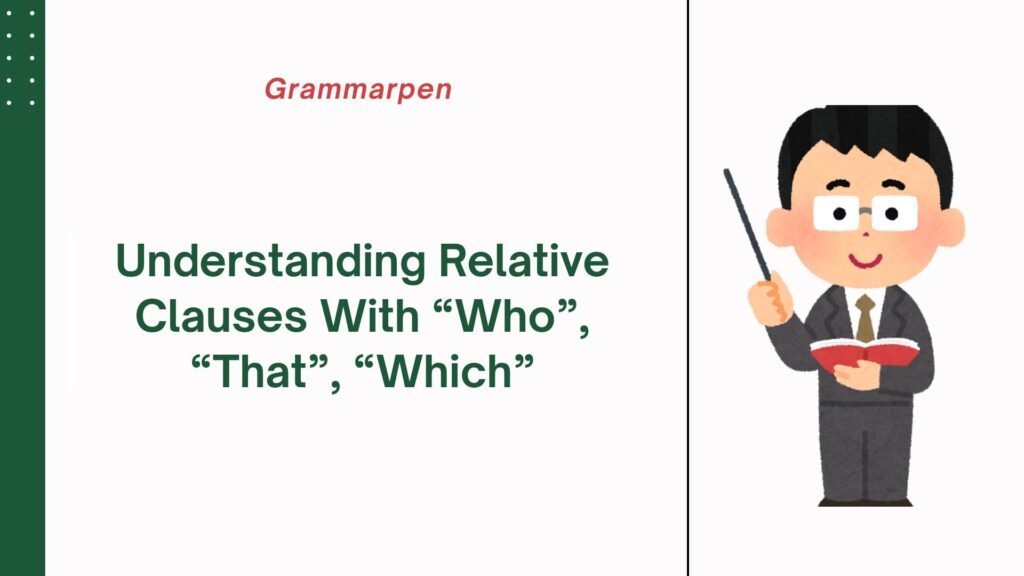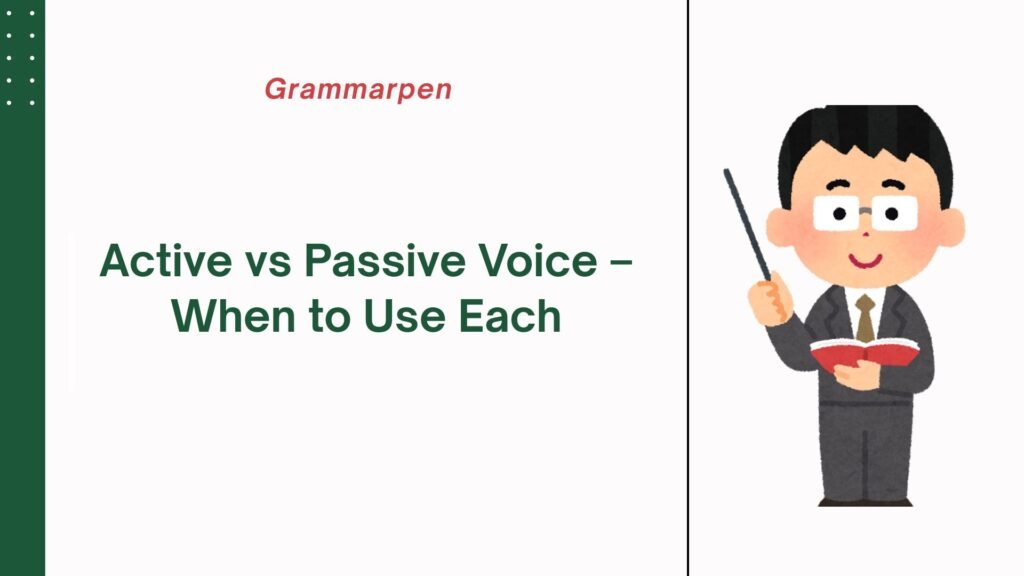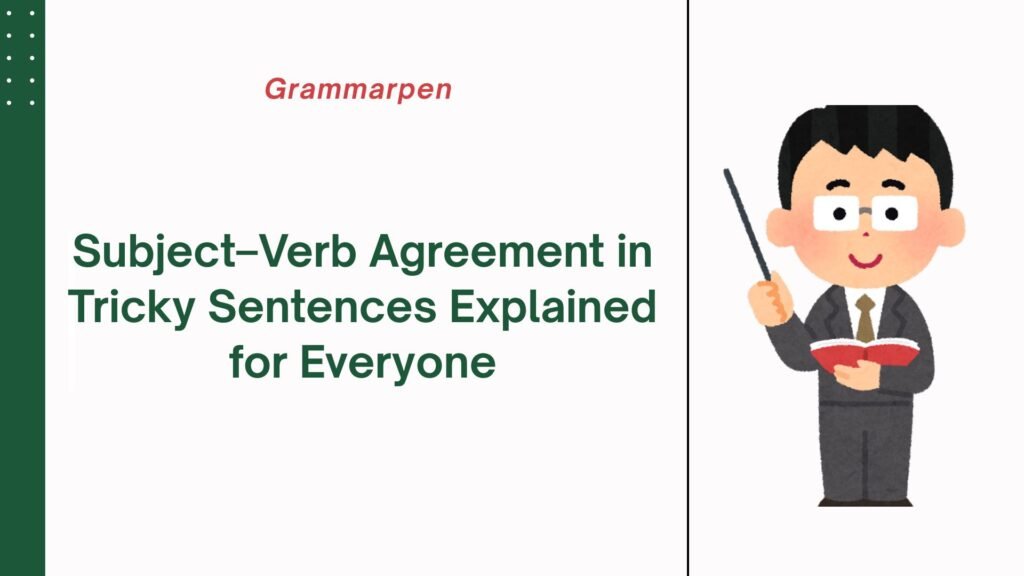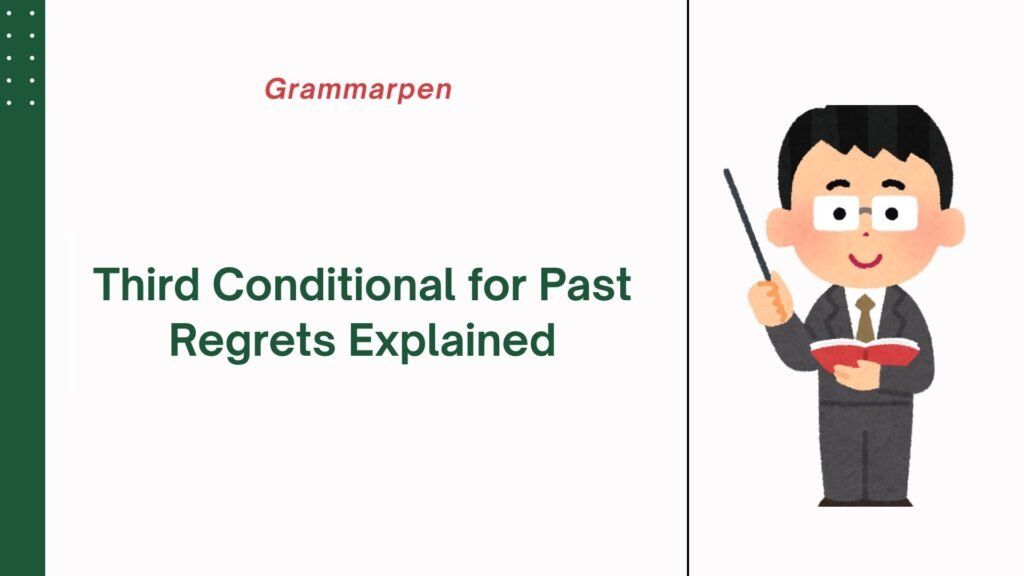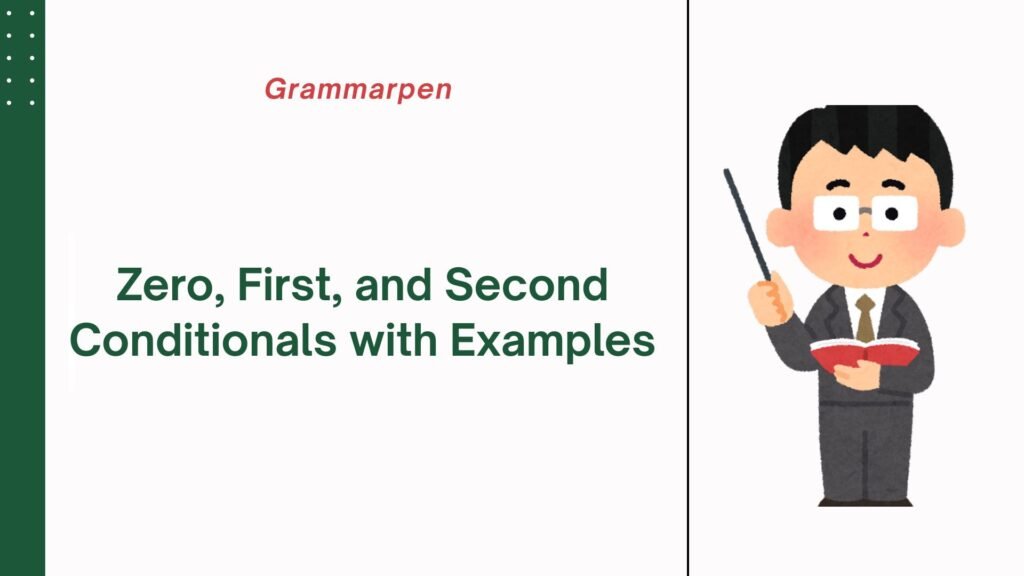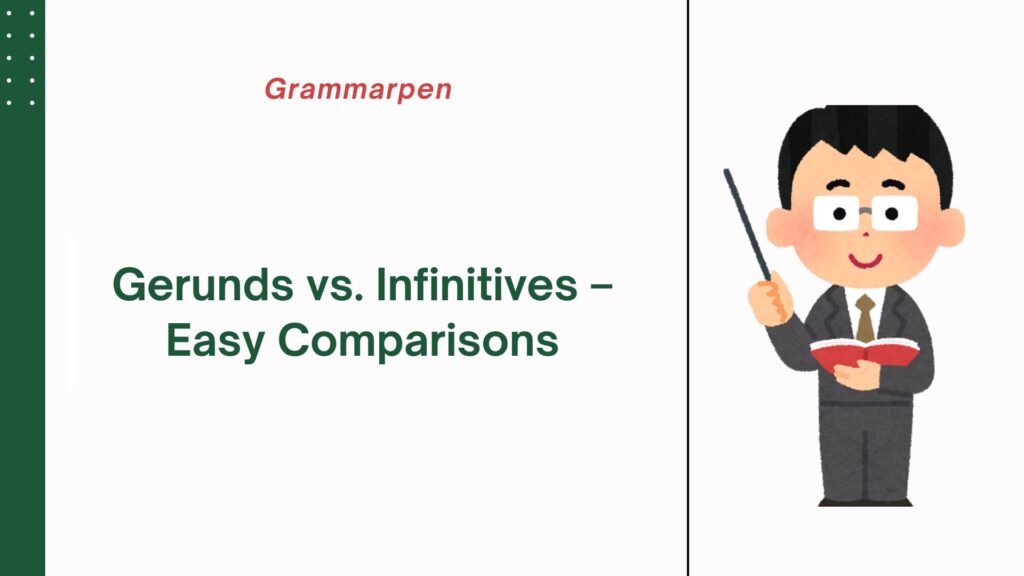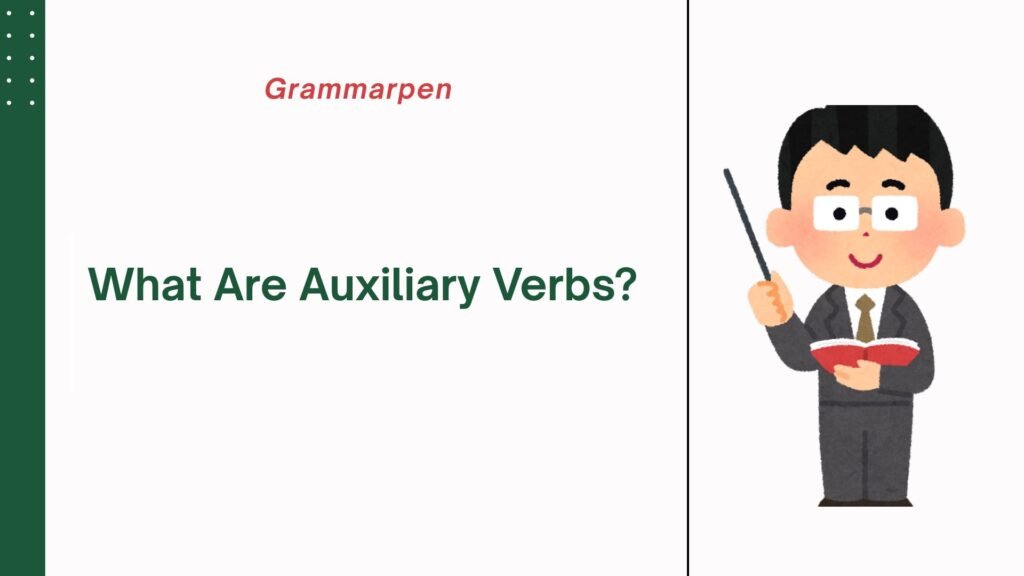What are Reading Exercises and Why Do They Matter?
Reading exercises are structured activities designed to help people understand texts more clearly and fluently. They are used in classrooms, language programs, and self-study routines. A good reading exercise trains the eye to notice key words, the brain to hold onto meaning, and the memory to recall information with purpose. This is important not only…
Read more

